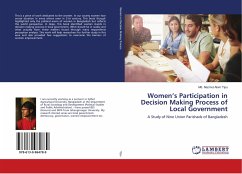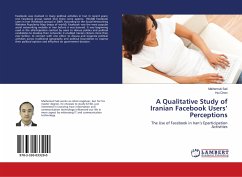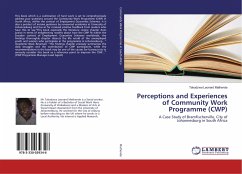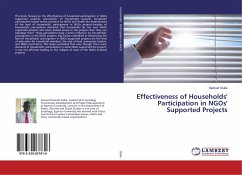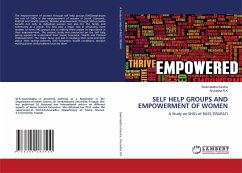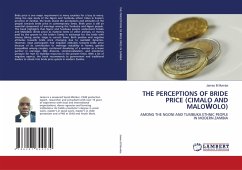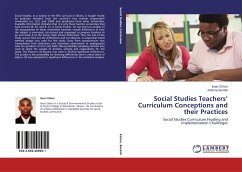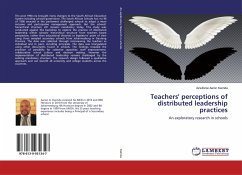
Teachers' perceptions of distributed leadership practices
An exploratory research in schools
Versandkostenfrei!
Versandfertig in 6-10 Tagen
27,99 €
inkl. MwSt.

PAYBACK Punkte
14 °P sammeln!
The post 1994 era brought many changes to the South African Education System including schools governance. The South African Schools Act, no 96 of 1996 enacted in the parliament challenged schools to adopt a more inclusive and participative management approach. But the schools' hierarchical structure still remains mandatory today. This study was conducted against this backdrop to explore the practice of distributed leadership within schools' hierarchical structure from teachers based perspective, rather than educational theorists or legislators' point of view using three sampled secondary scho...
The post 1994 era brought many changes to the South African Education System including schools governance. The South African Schools Act, no 96 of 1996 enacted in the parliament challenged schools to adopt a more inclusive and participative management approach. But the schools' hierarchical structure still remains mandatory today. This study was conducted against this backdrop to explore the practice of distributed leadership within schools' hierarchical structure from teachers based perspective, rather than educational theorists or legislators' point of view using three sampled secondary schools from Johannesburg in Gauteng Province. The data was collected through interviewing the teachers as individual and in pairs, including principals. The data was triangulated using other documents found in schools. The findings revealed the provision of possibility for collective capacities, staff empowerment, collaborative school culture and decision making. However the implementation of distributed leadership remains challenged by the existing mandatory structure. The research design followed a qualitative approach and can benefit all university and college students across the countries.




